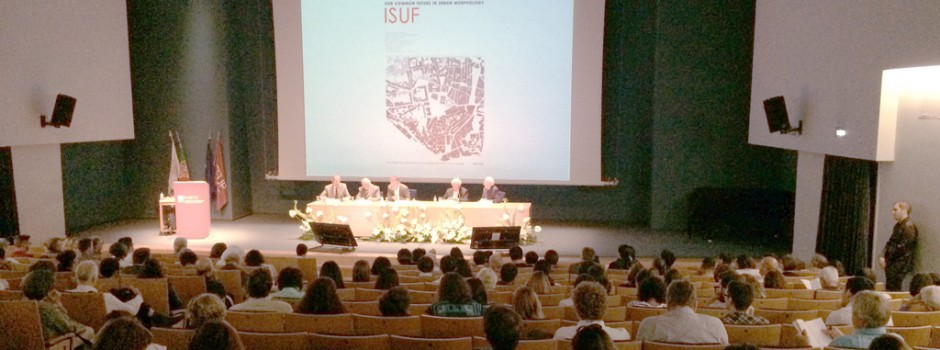Along July 2014 two important conferences on urban matters took place: the 21th International Seminar on Urban Form (ISUF) from 3 to 6 in Porto, Portugal, and the 16th International Planning History Society (IPHS) in St. Augustine, Florida. The subjects were «Our Common Future in Urban Morphology» for the ISUF and “Past as Guide to Sustainable Futures” for the IPHS. In both cases, we’ve had a perfect organization in amazing locations. Also the quality of the papers, presented by authors from all over the world, has generally been very satisfactory. For sure, the boundaries among disciplines and fields are blurring (and in our opinion it’s a good thing): the contributions have arrived from architects, planners, urbanists, designers, sociologists, anthropologists, geographers, historians, managers, economists, archeologists and… biologists! More over, some papers could have perfectly be presented in any of the two conferences. In other words, it’s becoming evident that knowledge can’t be confined within closed boundaries but, like in a playground, even if every player has a specific role and maybe a preferred area, we shall interact with other players as much as possible and in a flexible attitude. The urban problems we are facing in current times are, indeed, extremely complex in the way they show up and develop. Only an interactive attitude at disciplinary level may reveal new effective ways to decipher and address the contemporary urban processes.
From BLAST, Alessandro has presented two episodes from the recent urban history of Barcelona: the Rambla del Raval in ISUF and the Forat de la Vergonya in IPHS.
Prior to these two conferences, the Atiner Conference held during the month of June in Athens has been a good opportunity to meet other people interested in an interdisciplinary confrontation about urban culture.
Next ISUF will take place in september 2015 in Rome, Italy.
Next IPHS will take place in july 2016 in Delft, Holland.
Here you can check the programs of the two conferences and even download the books of abstracts:
You can download the two presented papers from Alessandro’s page in Academia:





